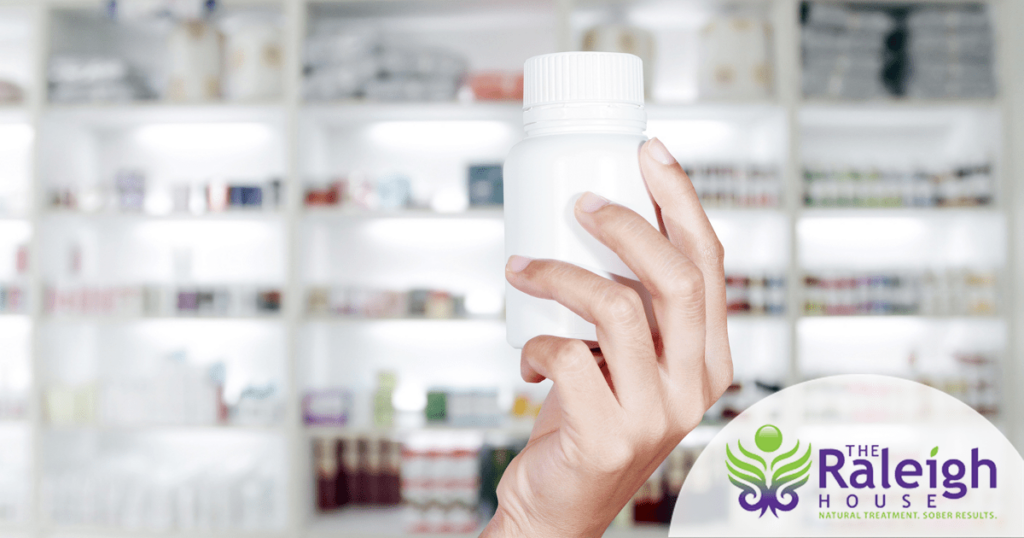
To flush or not to flush.
That is the question—or at least one of them—when disposing of pain pills. Before we get to that, let’s discuss the one thing you should never do.
Nothing.
When you’re done taking pain pills (for whatever reason you were taking them), get them out of the house—immediately.
A 2014 review done by the Pacific Institute for Research and Evaluation in Oakland, California, found that most parents didn’t worry at all about having pain pills in the house. And yet, at the same time, our nation is in the middle of an opioid epidemic.
And it’s not just teens we have to worry about. Painkillers left sitting around a house can be tempting to just about anyone.
The bottom line? Don’t keep medicines you’re done with, especially painkillers.
Where to Dispose of Unused Pain Pills
Let’s get back to the question of flushing. There’s a bit of an urban myth floating around that you should never ditch painkillers in the toilet because they’ll end up in the drinking water.
That’s both true and not true.
There are traces of many different kinds of medications found in our drinking water, but they get there primarily through our waste.
Still, flushed medicines do contribute to the problem, so experts say you should avoid the practice unless—and this is a huge “unless”—the drugs are potentially fatal.
By now, we all know that prescription painkillers can indeed be deadly. In fact, more than 15,000 people in the United States died from a prescription opioid overdose in 2015, according to the Centers for Disease Control and Prevention.
So here’s what the U.S. Food and Drug Administration recommends: The best thing to do is to dispose of your unused pills quickly through a medicine take-back program (call your local law enforcement agency to find one near you) or by taking them to a DEA-authorized collector.
If that’s not possible—for whatever reason—go ahead and flush them.
Opioid Addiction Treatment in Colorado
If you’d like to get painkillers out of your life, we can help.
At The Raleigh House, you’ll be assigned your own master’s level therapist who will work with you to come up with a plan for rehab—and to rebuild your life. One-on-one and group therapy sessions will help you heal emotionally, while chef-prepared meals and activities like yoga and boxing help heal your body.
Fill out our form or contact us today to learn more about the painkiller addiction treatment program at The Raleigh House.




